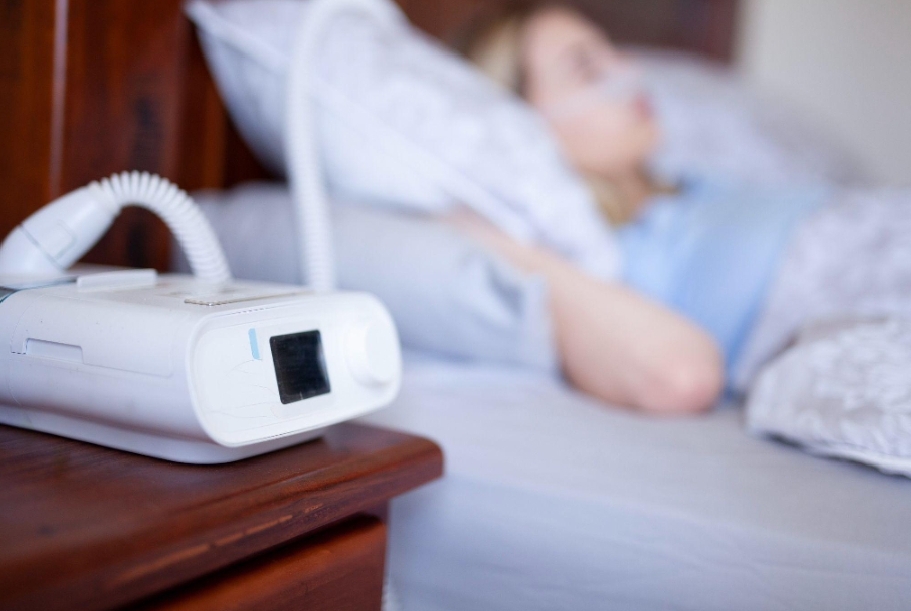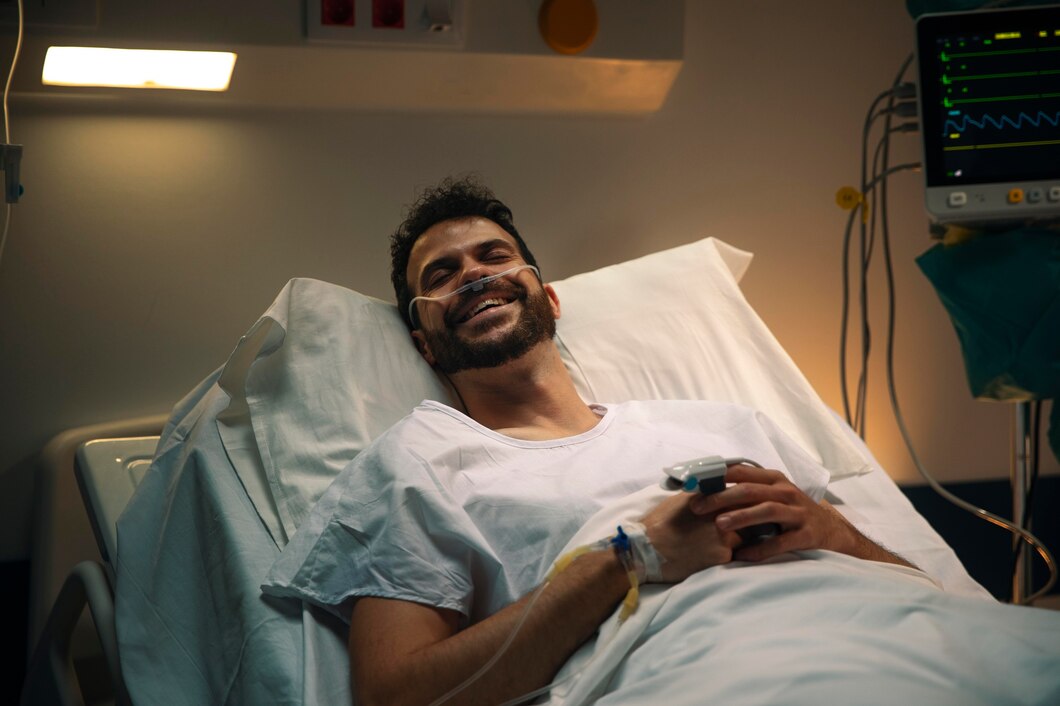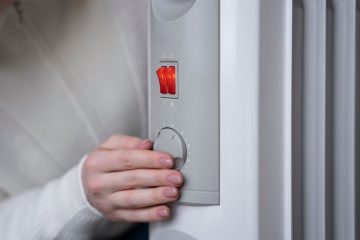Sleep apnea is a common sleep disorder characterized by pauses in breathing or shallow breaths during sleep. These interruptions in breathing can lead to fragmented sleep, daytime fatigue, and other health complications if left untreated. Continuous Positive Airway Pressure (CPAP) therapy has long been the standard treatment for sleep apnea, but for some individuals, a Bi-level Positive Airway Pressure (BiPAP) device offers a more effective and comfortable solution.
Understanding Sleep Apnea:
Before delving into the benefits of BiPAP For Sleep Apnea, it’s essential to understand the nature of sleep apnea. Obstructive sleep apnea (OSA), the most common form of the disorder, occurs when the muscles in the throat relax excessively during sleep, causing the airway to narrow or become blocked. This results in pauses in breathing, often accompanied by loud snoring and disrupted sleep patterns.

The Limitations of CPAP Therapy:
CPAP therapy is the gold standard treatment for sleep apnea and involves wearing a mask connected to a machine that delivers a continuous stream of air to keep the airway open during sleep. While CPAP therapy is effective for many individuals, some may find it uncomfortable or intolerable due to the constant pressure of the airflow.
Zzoma offers a comfortable and non-invasive alternative to CPAP therapy, providing relief for those with sleep apnea. With its innovative design, Zzoma helps maintain proper sleep posture and airflow, promoting restful sleep without the need for a CPAP machine.
How BiPAP Differs:
BiPAP therapy, also known as Bi-level Positive Airway Pressure, offers a more flexible alternative to CPAP therapy. Unlike CPAP, which delivers a constant pressure throughout the breathing cycle, BiPAP delivers two different levels of pressure: a higher pressure during inhalation and a lower pressure during exhalation. This dual-pressure approach makes breathing more natural and comfortable, particularly for individuals who struggle with exhaling against the continuous pressure of a CPAP machine.
Benefits of BiPAP Therapy:
- Improved Comfort: The variable pressure settings of a BiPAP device make it more comfortable to use, reducing feelings of airway resistance and discomfort during exhalation.
- Enhanced Compliance: The increased comfort provided by BiPAP therapy often results in better compliance compared to CPAP therapy. Individuals are more likely to adhere to their treatment regimen, leading to improved sleep quality and overall health outcomes.
- Customized Settings: BiPAP devices allow for greater customization of pressure settings to meet individual needs. This flexibility enables healthcare providers to tailor therapy to each patient’s specific breathing patterns and preferences.
- Management of Complex Cases: BiPAP therapy is particularly beneficial for individuals with certain medical conditions or sleep disorders, such as obesity hypoventilation syndrome or central sleep apnea, which may require more nuanced treatment approaches.
- Reduced Mask Leak: The variable pressure settings of a BiPAP device can help reduce mask leak, a common issue that can compromise the effectiveness of CPAP therapy.
In conclusion, a BiPAP device offers a better solution for managing sleep apnea for many individuals. With its variable pressure settings, enhanced comfort, and greater flexibility, BiPAP therapy provides an effective alternative to CPAP therapy for those who may find traditional CPAP machines uncomfortable or intolerable. If you’re struggling with sleep apnea and CPAP therapy, talk to your healthcare provider about whether BiPAP therapy may be a suitable option for you. By exploring alternative treatment options, you can take proactive steps to improve your sleep quality, overall health, and quality of life.




